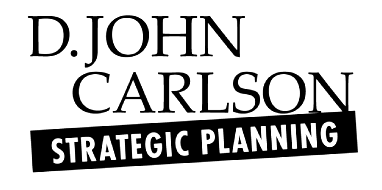The power of DECEPTION A study at Yale University gave rise to some very interesting findings with regard to product reviews posted online and purchase behaviour. Initial findings confirmed that: Most customer to not post reviews on blogs (only a single digit percentage) The people that post reviews are not representative of purchasers in general […]
The power of DECEPTION A study at Yale University gave rise to some very interesting findings with regard to product reviews posted online and purchase behaviour. Initial findings confirmed that: Most customer to not post reviews on blogs (only a single digit percentage) The people that post reviews are not representative of purchasers in general Only a small percentage of reviewers made VERY negative comments Reviews have a dramatic effect on sales (an average 1.5% decline in revenue) These findings are interesting, but possible not surprising. Further analysis however evidenced findings that may be surprising: Those negative comments tended to come from highest volume purchasers The overall spending by negative reviewers had little correlation to their comments Most negative reviews were made by people who did not purchase the product they were reviewing. They purchased often – but other products The people making negative comments had little experience with…


 Back
Back